Knowledge is power, and the best way to understand what’s happening in our country is to dig in to resources that explain racial inequality in America by examining our history, institutions, experiences, and culture — as well as ways to unite for meaningful change. Most of these titles are available in multiple formats — book, eBook, audiobook, etc. — from our collection.
Between the World and Me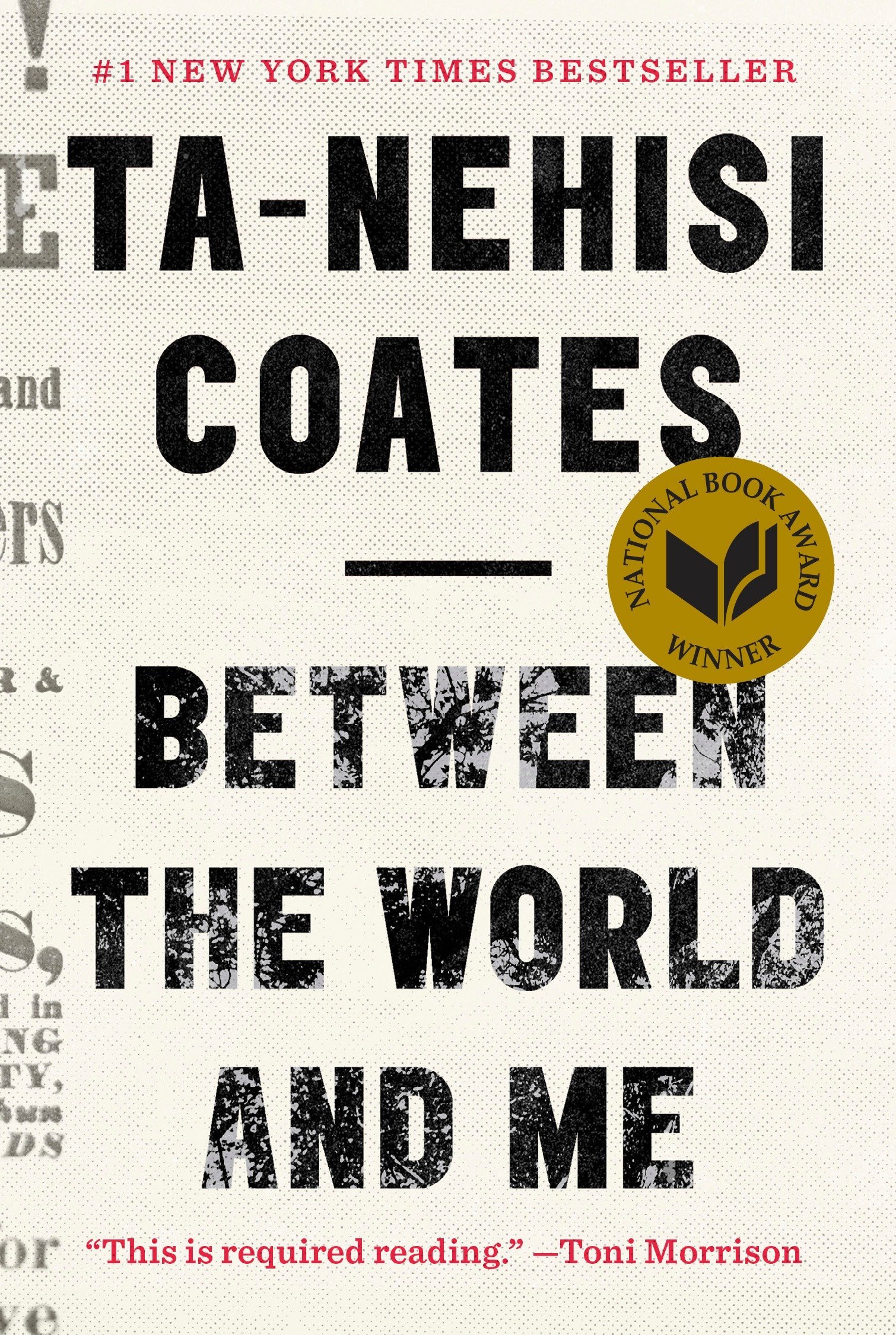 by Ta-Nehisi Coates
by Ta-Nehisi Coates
Coates offers a framework for understanding our nation’s history and current crisis. Americans have built an empire on the idea of “race,” a falsehood that damages us all but falls most heavily on the bodies of black women and men — bodies exploited through slavery and segregation, and, today, threatened, locked up, and murdered out of all proportion.
Citizen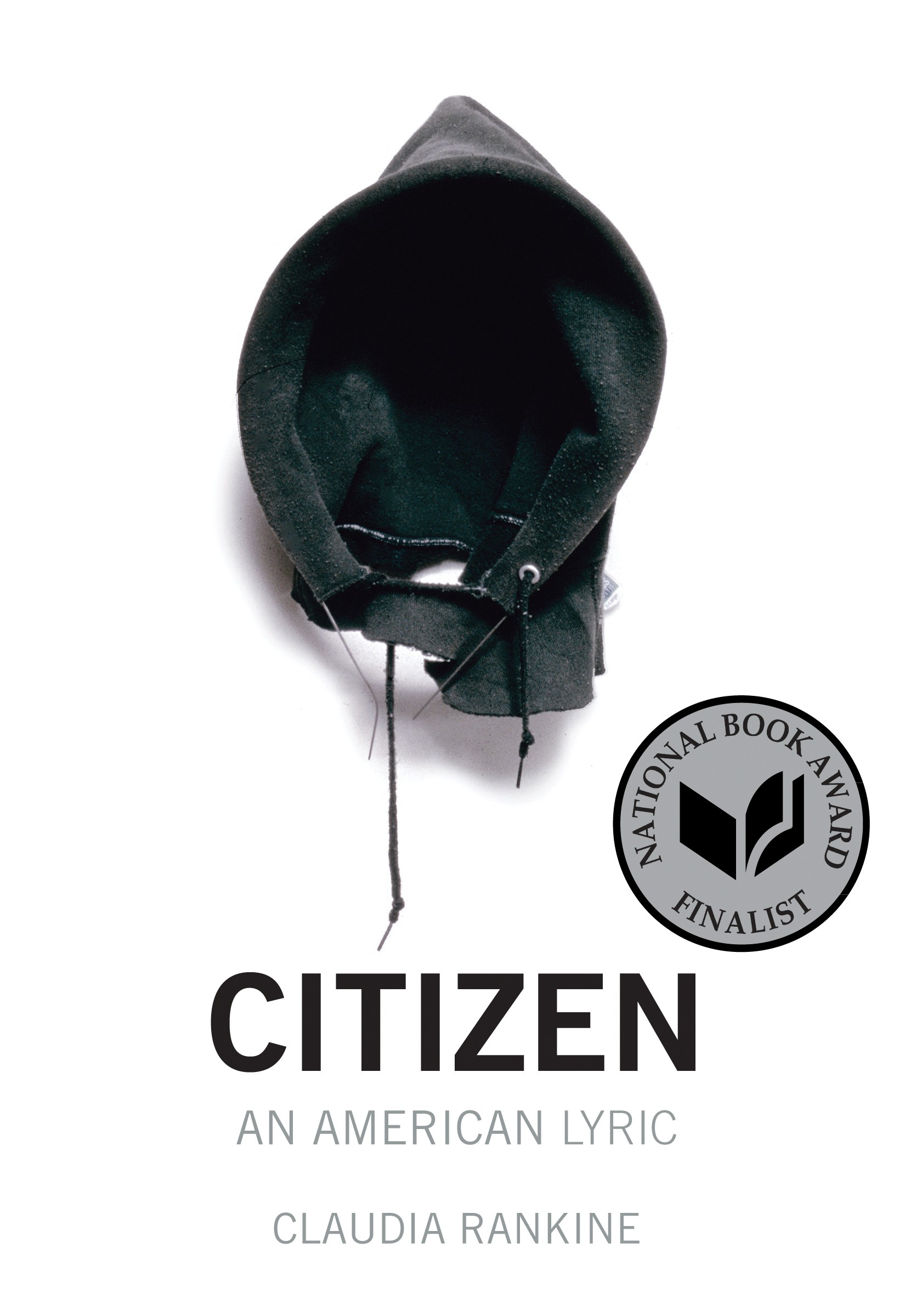 by Claudia Rankine
by Claudia Rankine
Rankine recounts mounting racial aggressions in ongoing encounters in twenty-first-century daily life and in the media. The accumulative stresses come to bear on a person’s ability to speak, perform, and stay alive. Our addressability is tied to the state of our belonging, Rankine argues, as are our assumptions and expectations of citizenship. In essay, image, and poetry, Citizen is a powerful testament to the individual and collective effects of racism in our contemporary, often named ‘post-race’ society.
The Color of Law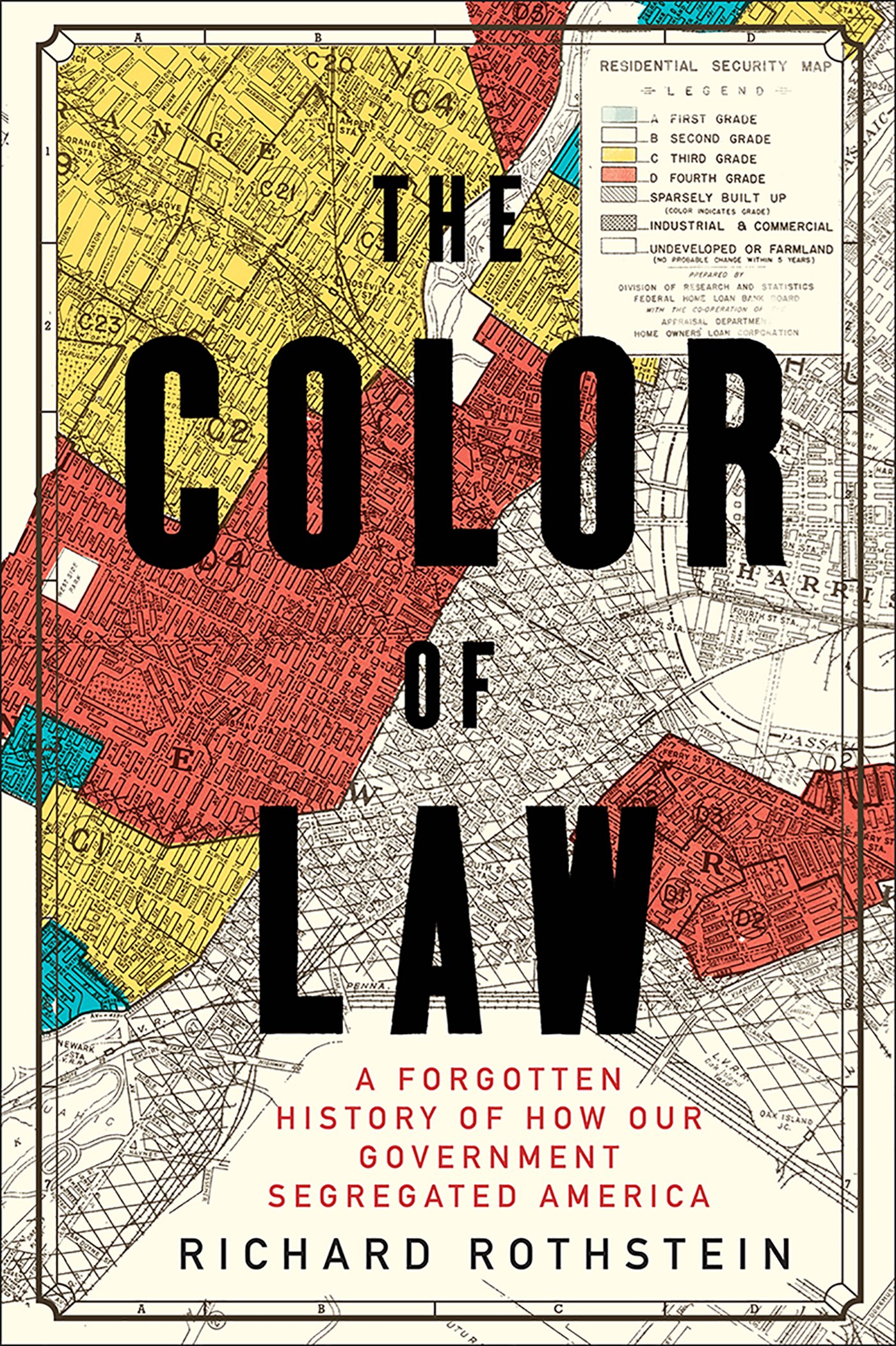 by Richard Rothstein
by Richard Rothstein
In this groundbreaking history of the modern American metropolis, Richard Rothstein, a leading authority on housing policy, explodes the myth that America’s cities came to be racially divided through de facto segregation — that is, through individual prejudices, income differences, or the actions of private institutions like banks and real estate agencies. Rather, The Color of Law incontrovertibly makes it clear that it was de jure segregation — the laws and policy decisions passed by local, state, and federal governments — that actually promoted the discriminatory patterns that continue to this day.
The Fire Next Time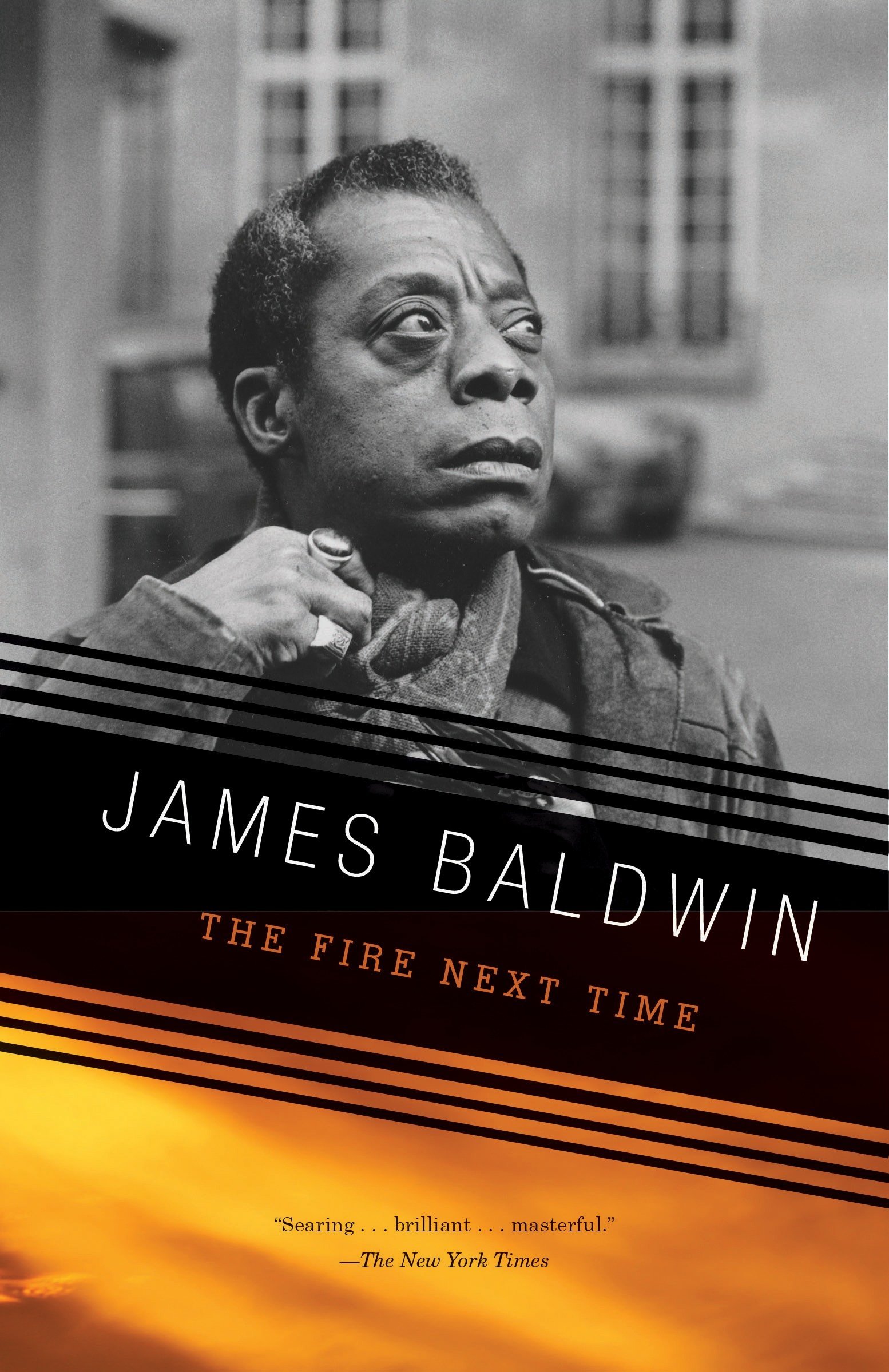 by James Baldwin
by James Baldwin
At once a powerful evocation of his early life in Harlem and a disturbing examination of the consequences of racial injustice to both the individual and the body politic, James Baldwin galvanized the nation in the early days of the civil rights movement with his eloquent manifesto.
The Fire This Time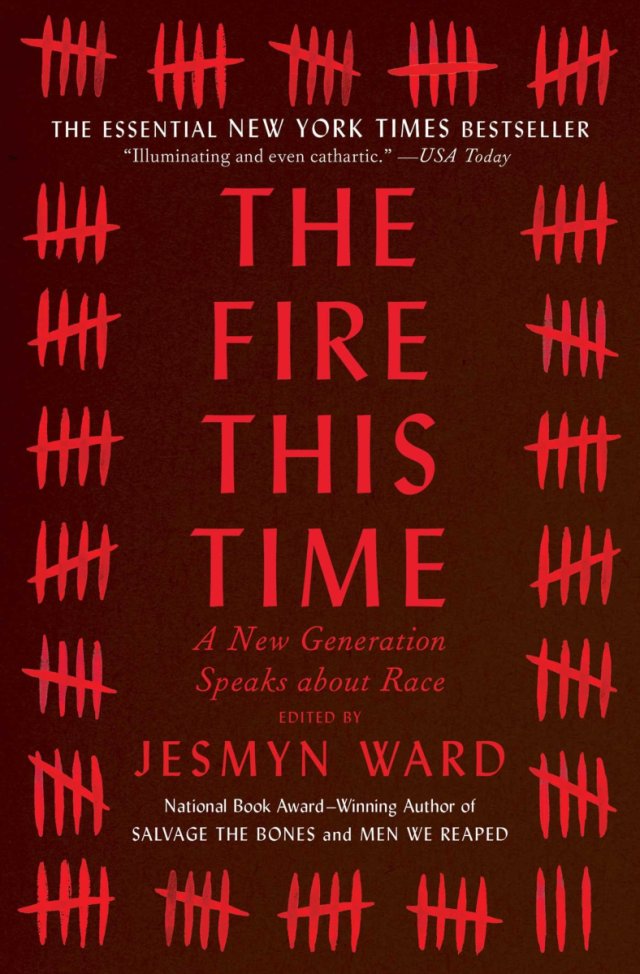 by Jesmyn Ward
by Jesmyn Ward
National Book Award-winner Jesmyn Ward takes James Baldwin’s 1963 examination of race in America, The Fire Next Time, as a jumping off point for this groundbreaking collection of essays and poems about race from the most important voices of her generation and our time.
The Half has Never Been Told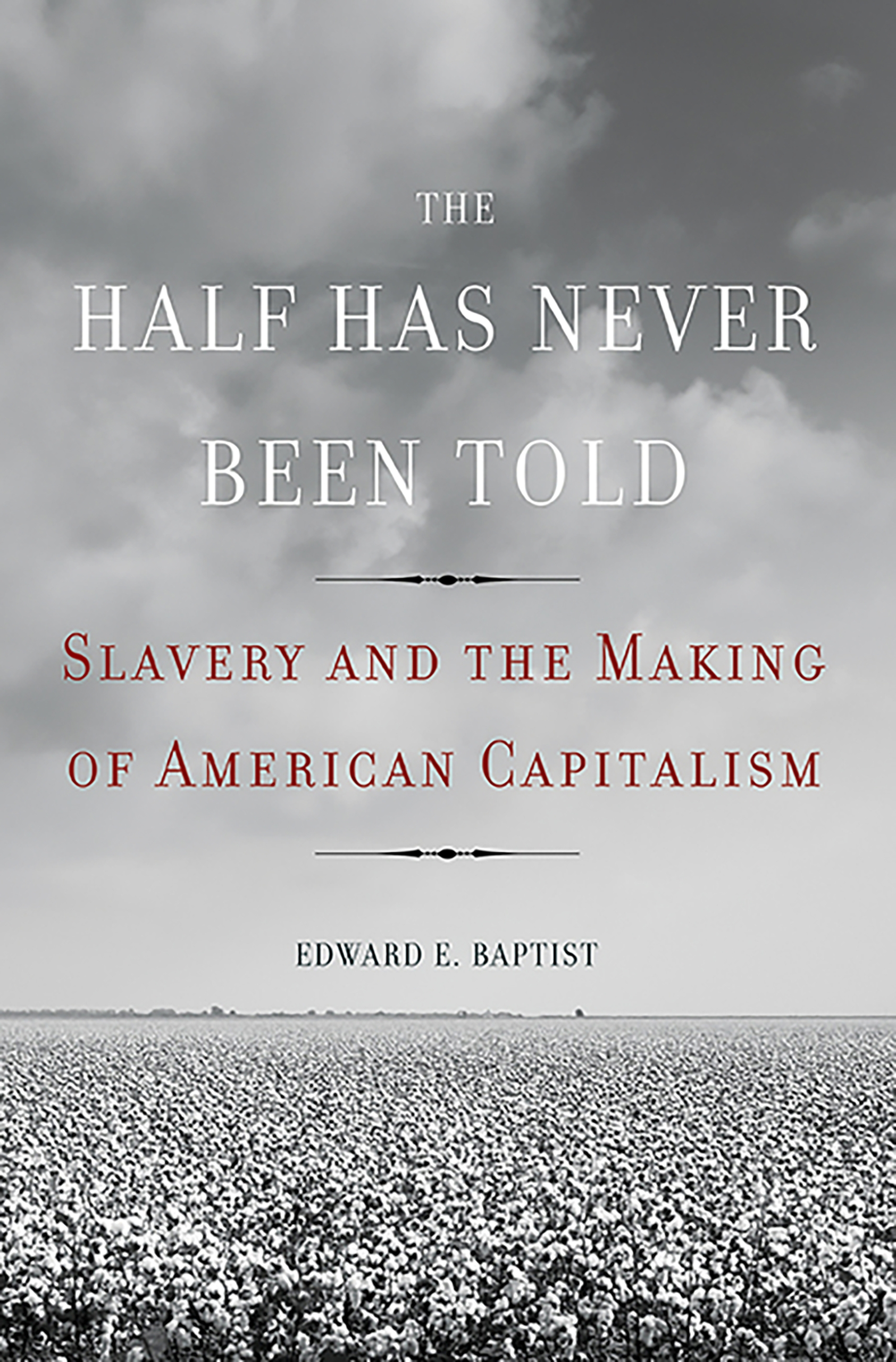 by Edward Baptist
by Edward Baptist
Americans tend to cast slavery as a pre-modern institution — the nation’s original sin, perhaps, but isolated in time and divorced from America’s later success. But to do so robs the millions who suffered in bondage of their full legacy. As historian Edward E. Baptist reveals in The Half Has Never Been Told , the expansion of slavery in the first eight decades after American independence drove the evolution and modernization of the United States.
How to Be an Antiracist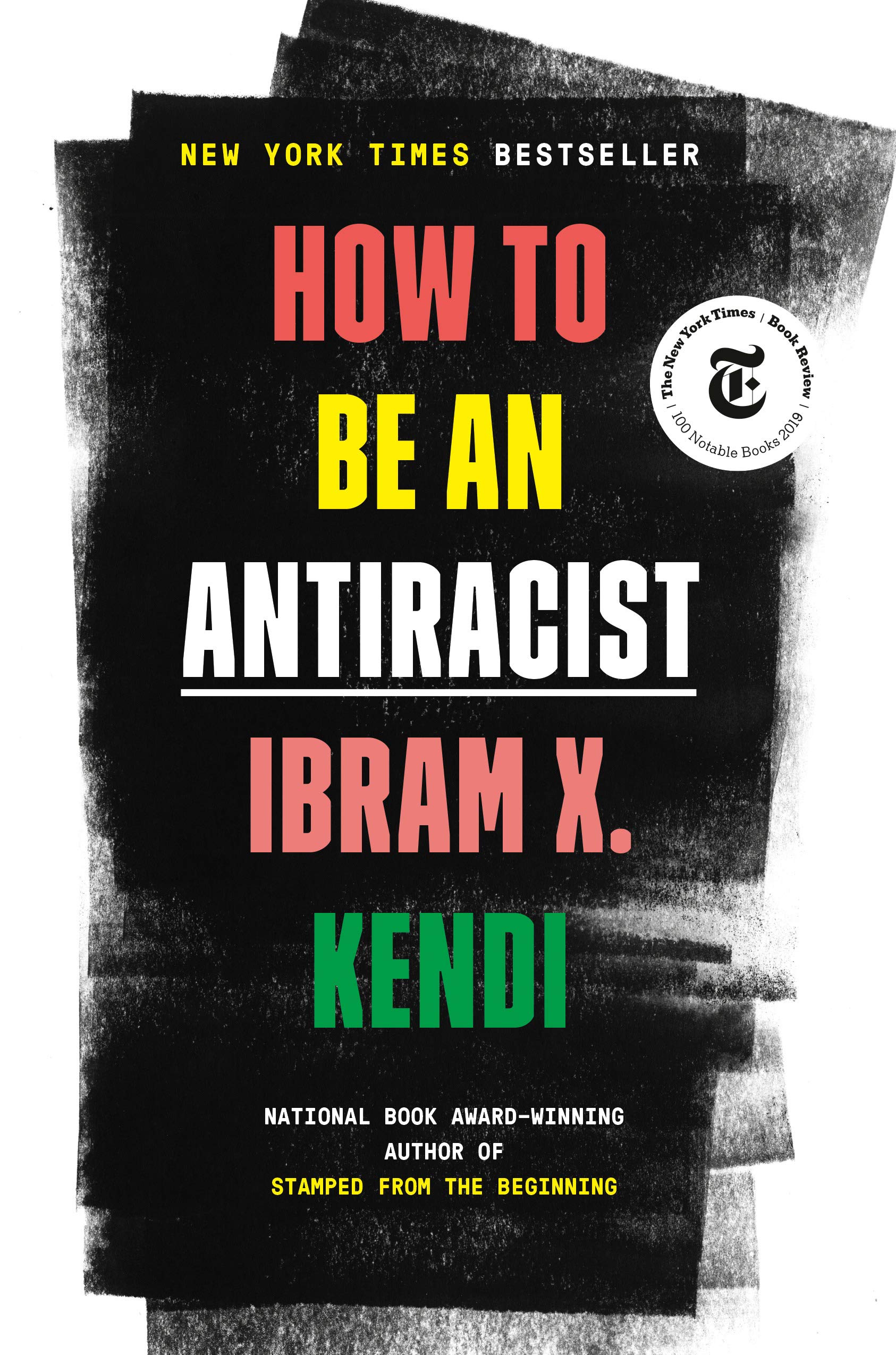 by Ibram X. Kendi
by Ibram X. Kendi
“The only way to undo racism is to consistently identify and describe it — and then dismantle it.” Kendi’s concept of antiracism re-energizes and reshapes the conversation about racial justice in America — but even more fundamentally, points us toward liberating new ways of thinking about ourselves and each other.
Just Mercy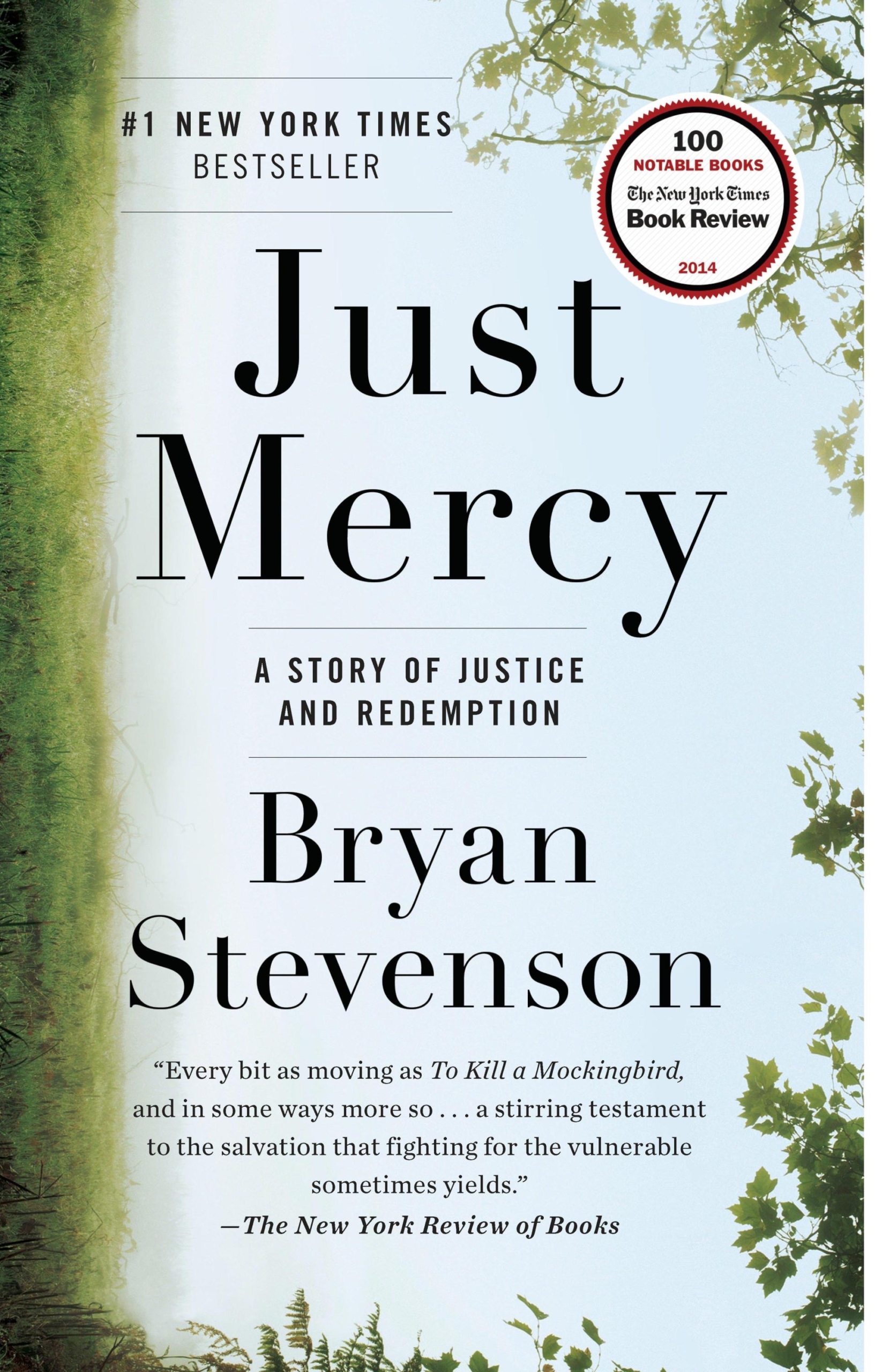 by Bryan Stevenson
by Bryan Stevenson
The founder of the Equal Justice Initiative in Montgomery, Alabama recounts his experiences as a lawyer working to assist those desperately in need, reflecting on his pursuit of the ideal of compassion in American justice. The Warner Brothers film is also available from FDL and streaming for free on most digital platforms.
The New Jim Crow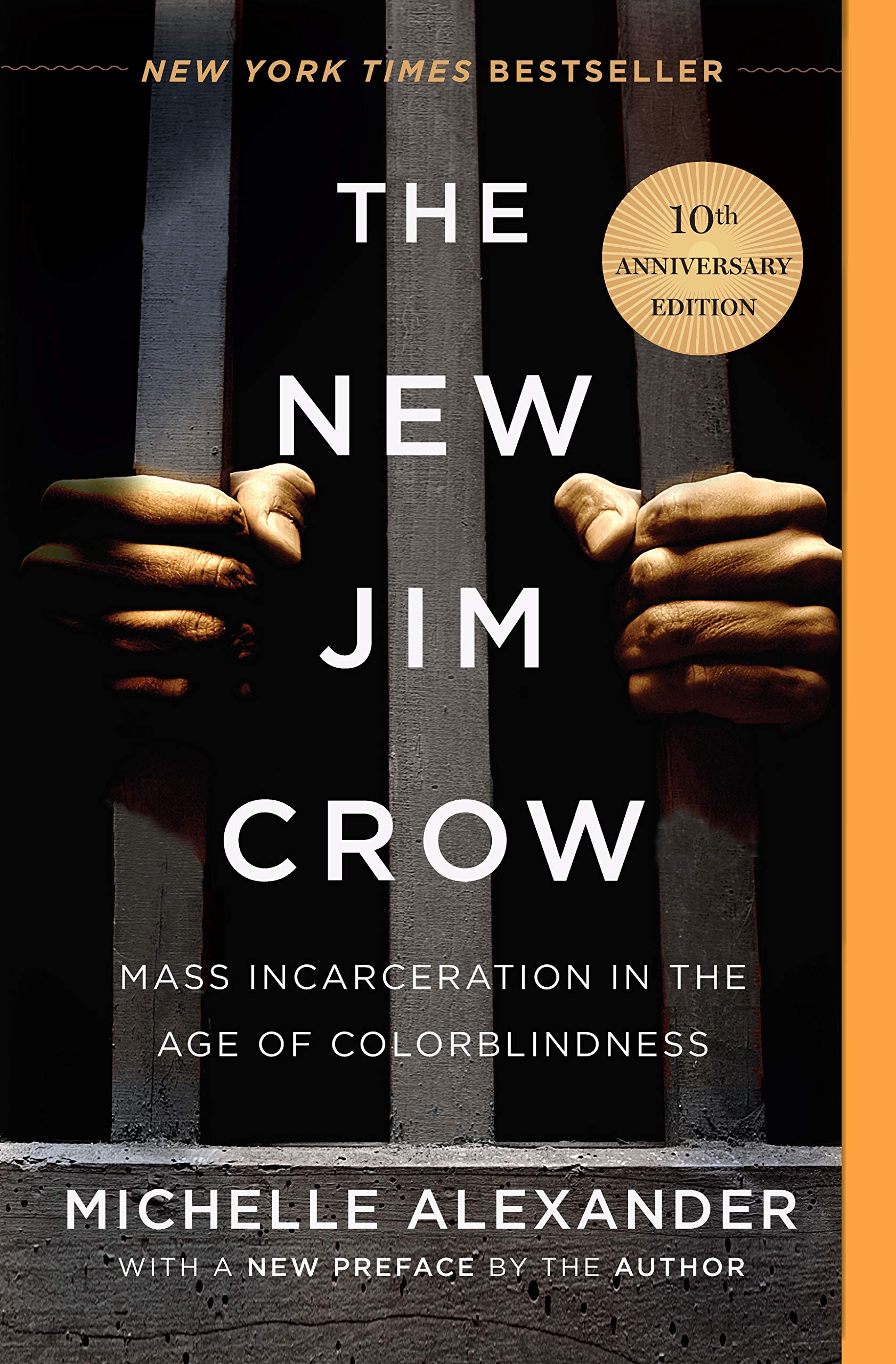 by Michelle Alexander
by Michelle Alexander
Despite the triumphant dismantling of the Jim Crow Laws, the system that once forced African Americans into a segregated second-class citizenship still haunts America, the US criminal justice system still unfairly targets black men and an entire segment of the population is deprived of their basic rights. Outside of prisons, a web of laws and regulations discriminates against these wrongly convicted ex-offenders in voting, housing, employment and education. Alexander here offers an urgent call for justice.
Sister Outsider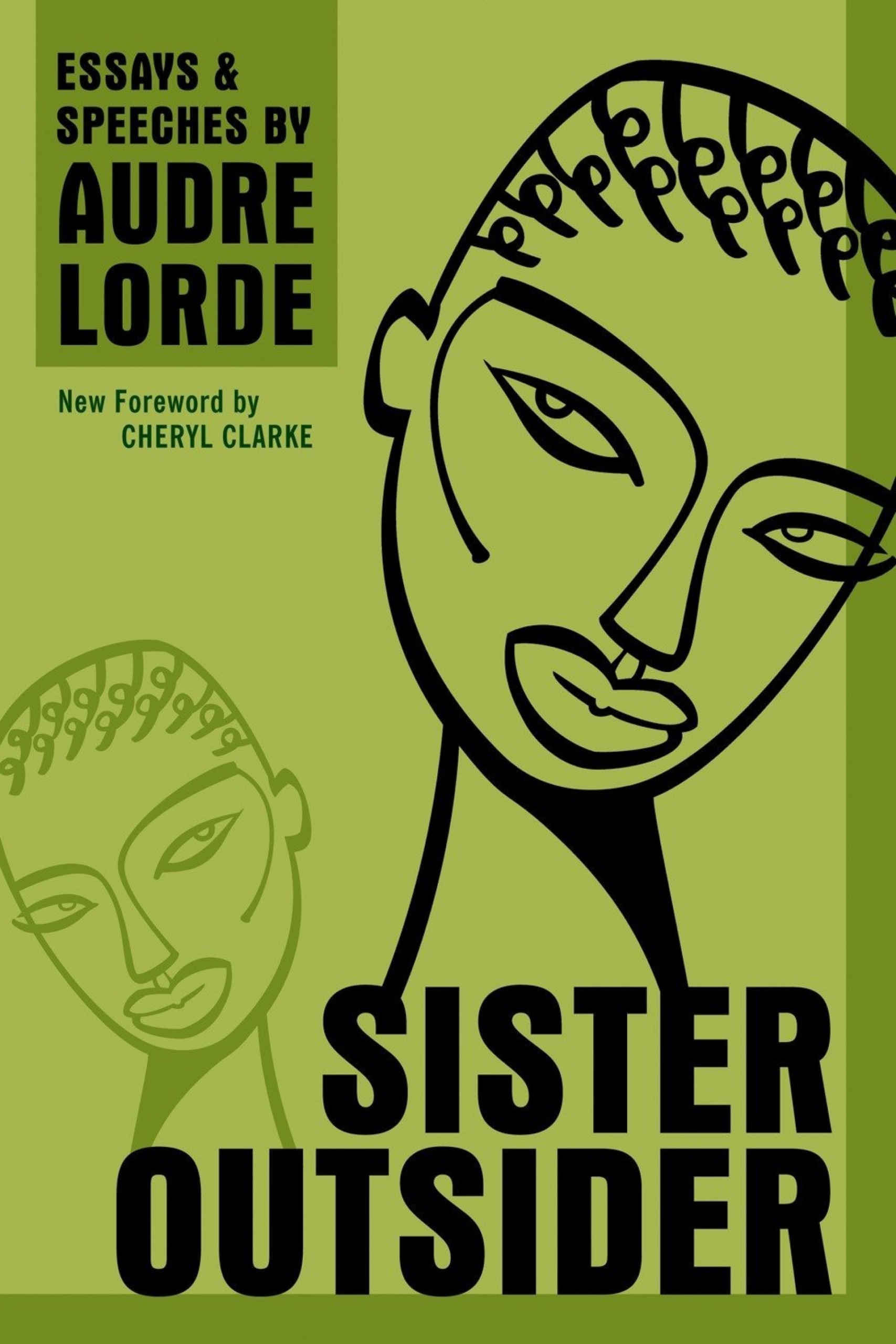 by Audre Lorde
by Audre Lorde
Presenting the essential writings of black lesbian poet and feminist writer Audre Lorde, Sister Outsider celebrates an influential voice in twentieth-century literature. In this charged collection of fifteen essays and speeches, Lorde takes on sexism, racism, ageism, homophobia, and class, and propounds social difference as a vehicle for action and change.
So You Want to Talk about Race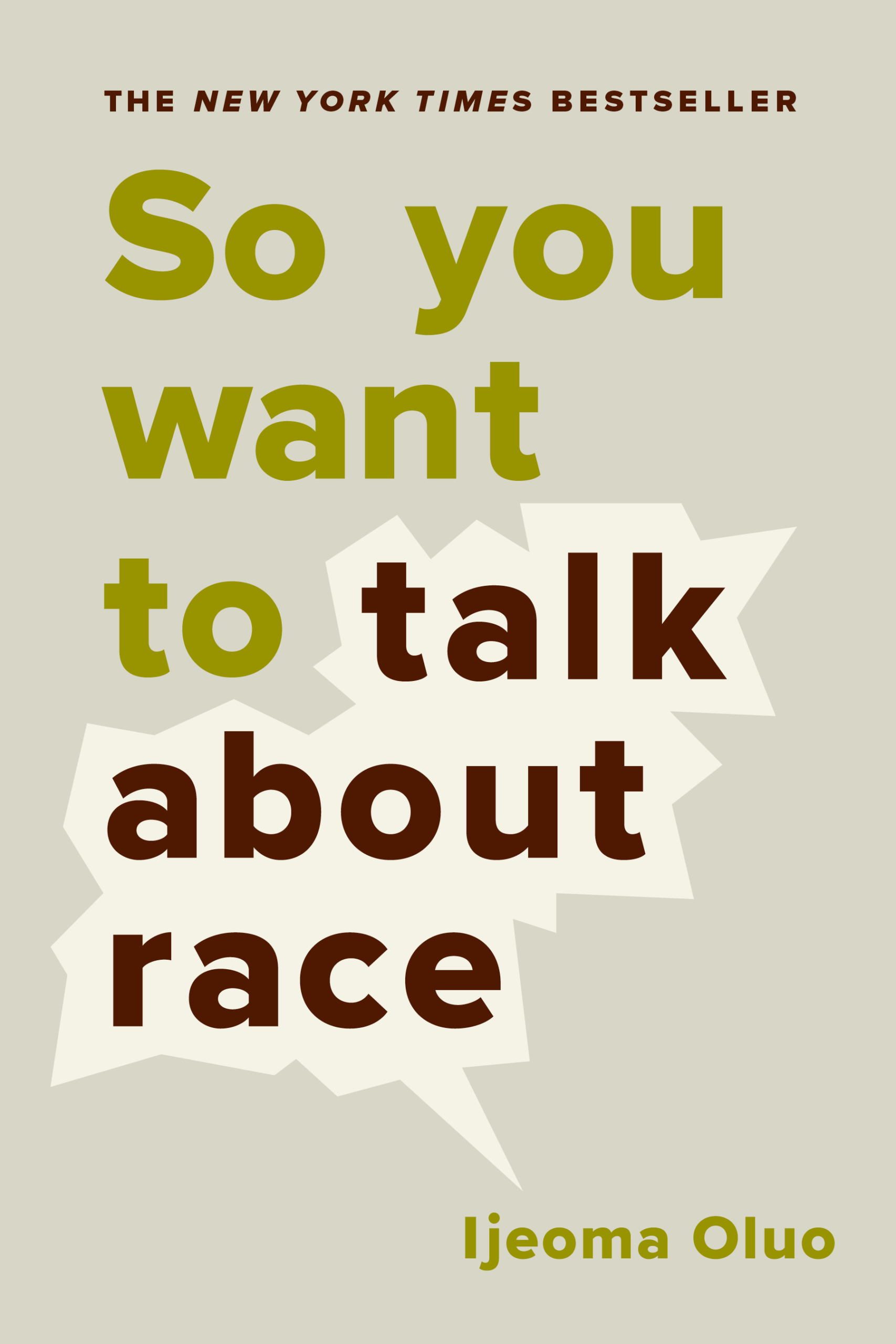 by Ijeoma Oluo
by Ijeoma Oluo
Oluo offers a contemporary, accessible take on the racial landscape in America, addressing head-on such issues as privilege, police brutality, intersectionality, micro-aggressions, the Black Lives Matter movement, and the “N” word. Perfectly positioned to bridge the gap between people of color and white Americans struggling with race complexities, Oluo answers the questions readers don’t dare ask, and explains the concepts that continue to elude everyday Americans.
Stamped from the Beginning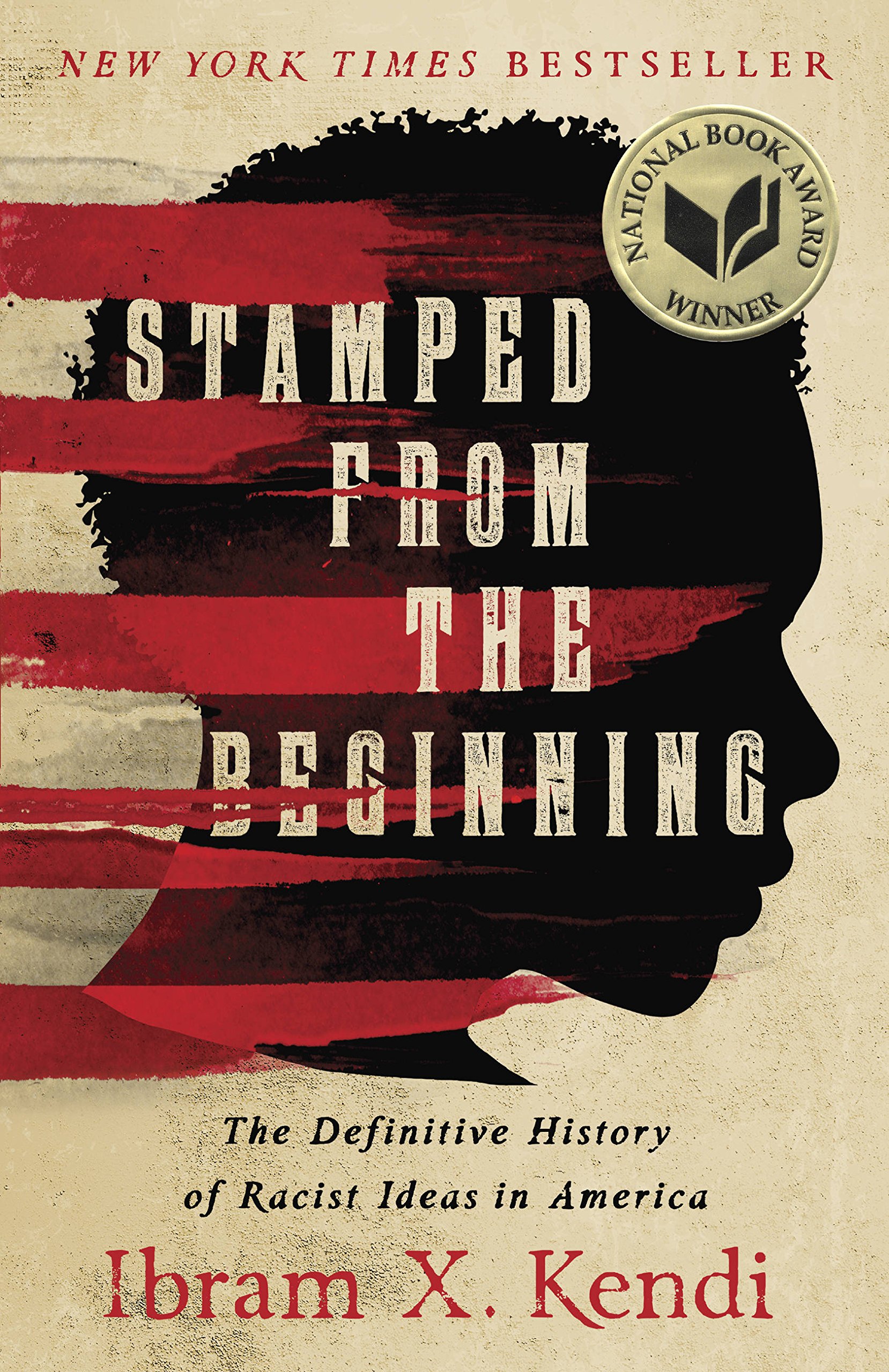 by Ibram X. Kendi
by Ibram X. Kendi
The National Book Award winning history of how racist ideas were created, spread, and deeply rooted in American society. Kendi chronicles the entire story of anti-Black racist ideas and their staggering power over the course of American history, using the lives of five major American intellectuals to offer a window into the contentious debates between assimilationists and segregationists and between racists and antiracists.
The Warmth of Other Suns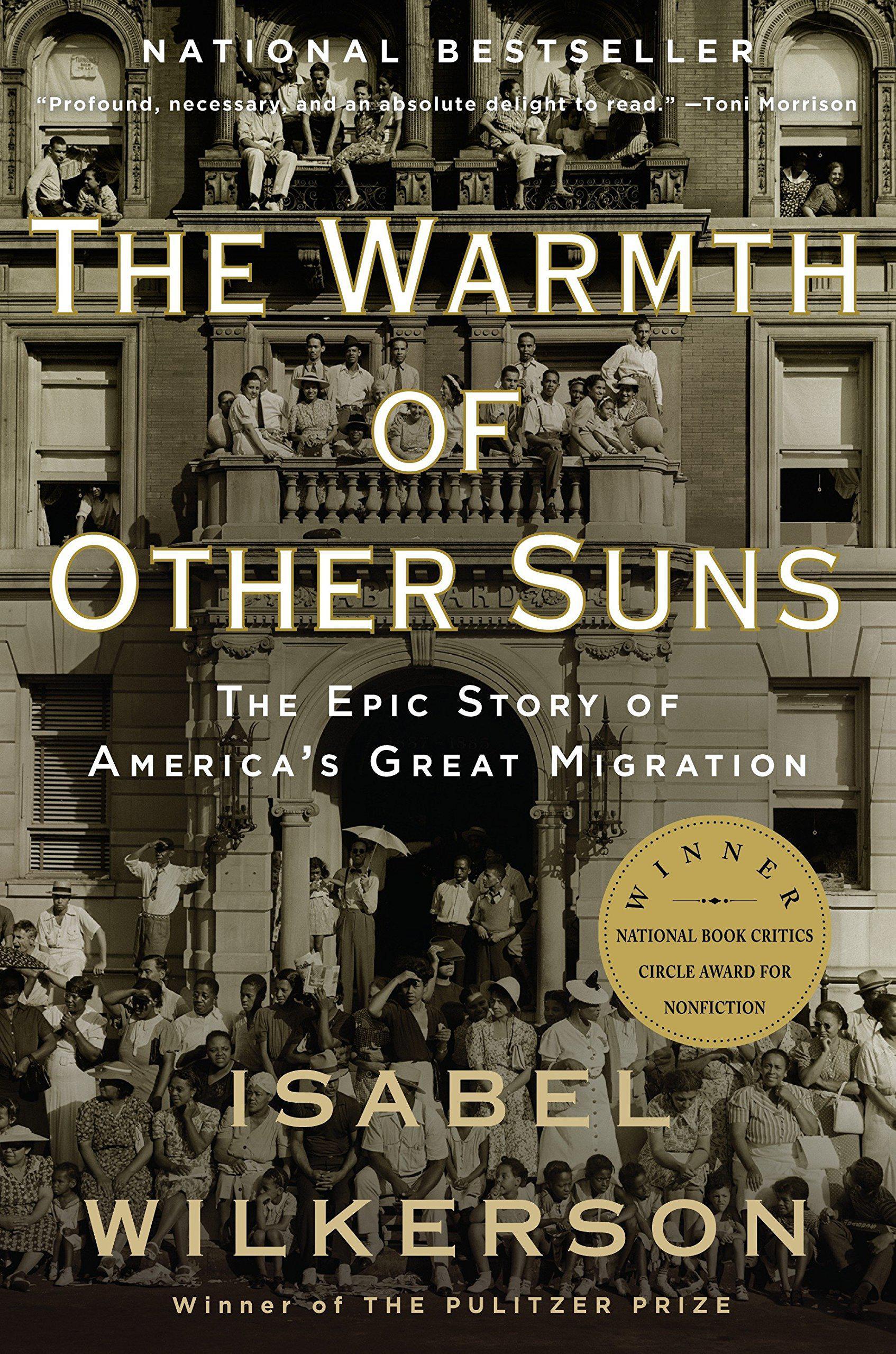 by Isabel Wilkerson
by Isabel Wilkerson
In this epic, beautifully written masterwork, Pulitzer Prize-winning author Isabel Wilkerson chronicles one of the great untold stories of American history: the decades-long migration of black citizens who fled the South for northern and western cities in search of a better life.
When They Call You a Terrorist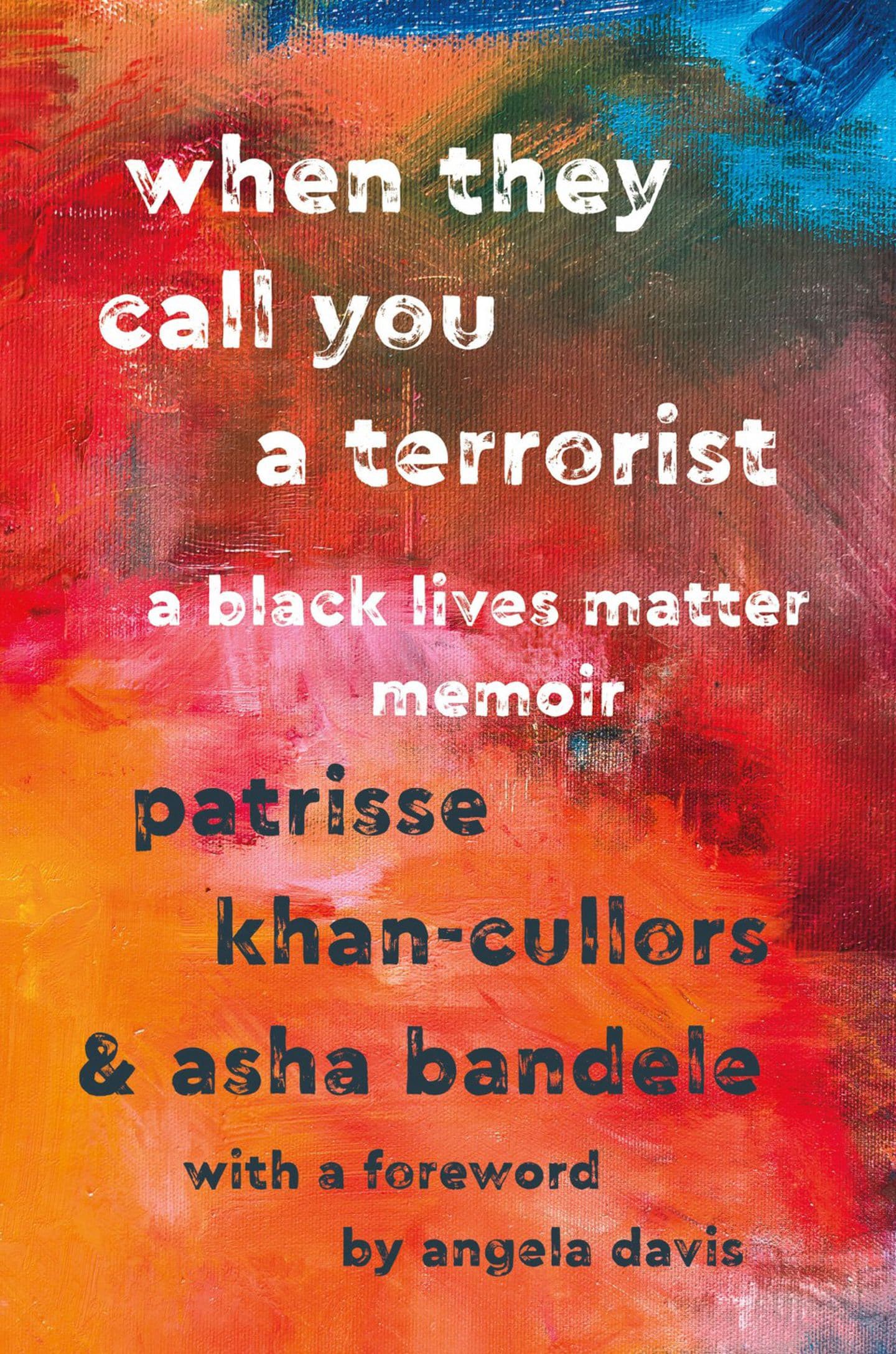 by Patrisse Khan-Cullors and Asha Bandele
by Patrisse Khan-Cullors and Asha Bandele
A memoir by the co-founder of the Black Lives Matter movement explains the movement’s position of love, humanity, and justice, challenging perspectives that have negatively labeled the movement’s activists while calling for essential political changes.
White Fragility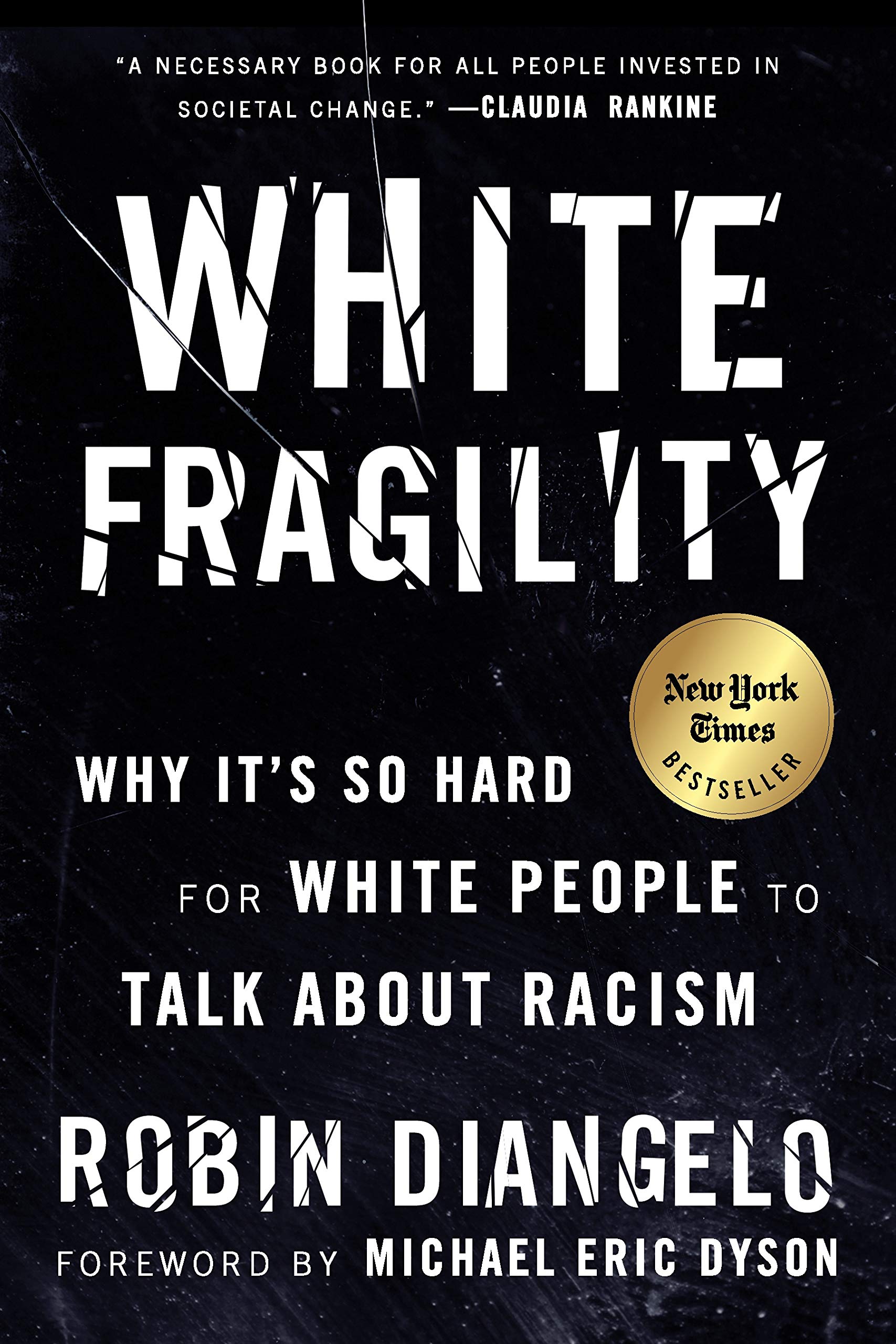 by Robin DiAngelo
by Robin DiAngelo
In this groundbreaking and timely book, antiracist educator Robin DiAngelo deftly illuminates the phenomenon of white fragility. Referring to the defensive moves that white people make when challenged racially, white fragility is characterized by emotions such as anger, fear, and guilt, and by behaviors including argumentation and silence. These behaviors, in turn, function to reinstate white racial equilibrium and prevent any meaningful cross-racial dialogue. In this in-depth exploration, DiAngelo explores how white fragility develops, how it protects racial inequality, and what we can do to engage more constructively.
